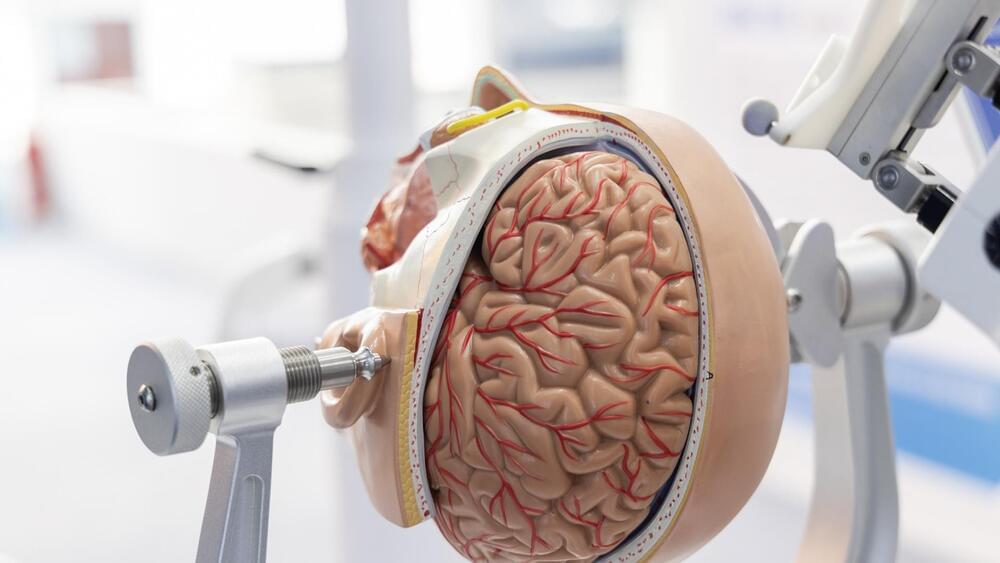The operations are based on an outdoor docking system that incorporates the firm’s AtlasPRO tricopter drones meant for surveillance.
Providing fool-proof security at airports proves to be challenging due to various logistical limitations, primarily due to its size, even though the airport security system is typically organized clearly and logically.
Issues like frequent communication breakdowns with the board, poor visibility in bad weather, the inaccessibility of the runway due to icing in some areas, and unauthorized entry into the airport’s boundaries can delay responses to unexpected life-threatening situations.






